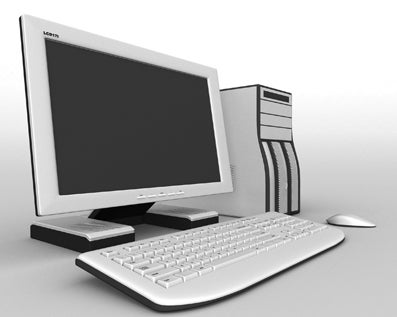Some high street PC repair shops are misdiagnosing basic computer problems and overcharging consumers for easy repairs as a result, reveals a Computing Which? report.
Some high street PC repair shops are misdiagnosing basic computer problems and overcharging consumers for easy repairs as a result, reveals a Computing Which? report.
Experts introduced simple faults to PCs and fieldworkers took them to 20 computer repairers ? seven branches of PC World and 13 independents. Prices to fix a loose cable ranged form £10 to £139 and researchers were charged from £20 to £260 to fix a simple software problem.
PC World performed particularly badly. At one store after misdiagnosing a simple software problem, Computing Which? researchers were informed a repair would cost £350 and instead staff advised the researcher to buy a completely new computer.
On six occasions branches of PC World refused to even look at a PC because the computer wasn?t returned with a boxed copy of Windows or a recovery disc ? neither of which were necessary to fix either fault.
Some retailers were also found to cut corners by reinstalling Windows instead of finding the source of the fault. If this happens, consumers not only have to pay for new copies of Windows and its installation, but lose any data that hasn?t been backed-up.
Despite poor results in some of the independent repair shops, the majority provided good repairs, lower costs and impressive service ? some shops even helped carry the mended computers to the researchers cars.
Computing Which? advises PC owners to follow these tips to avoid being ripped off:
1. Ask friends and family to recommend a repair shop
2. Always check the charges to look at the PC ? whether it?s an hourly rate or a flat fee for certain repairs
3. Get a quote beforehand for labour and parts
4. Make it clear to the shop staff that they must ask your permission if the cost of work will go over a certain price
5. Ask the shop to call you before replacing any software or hardware ? you may need to check if you risk losing data





